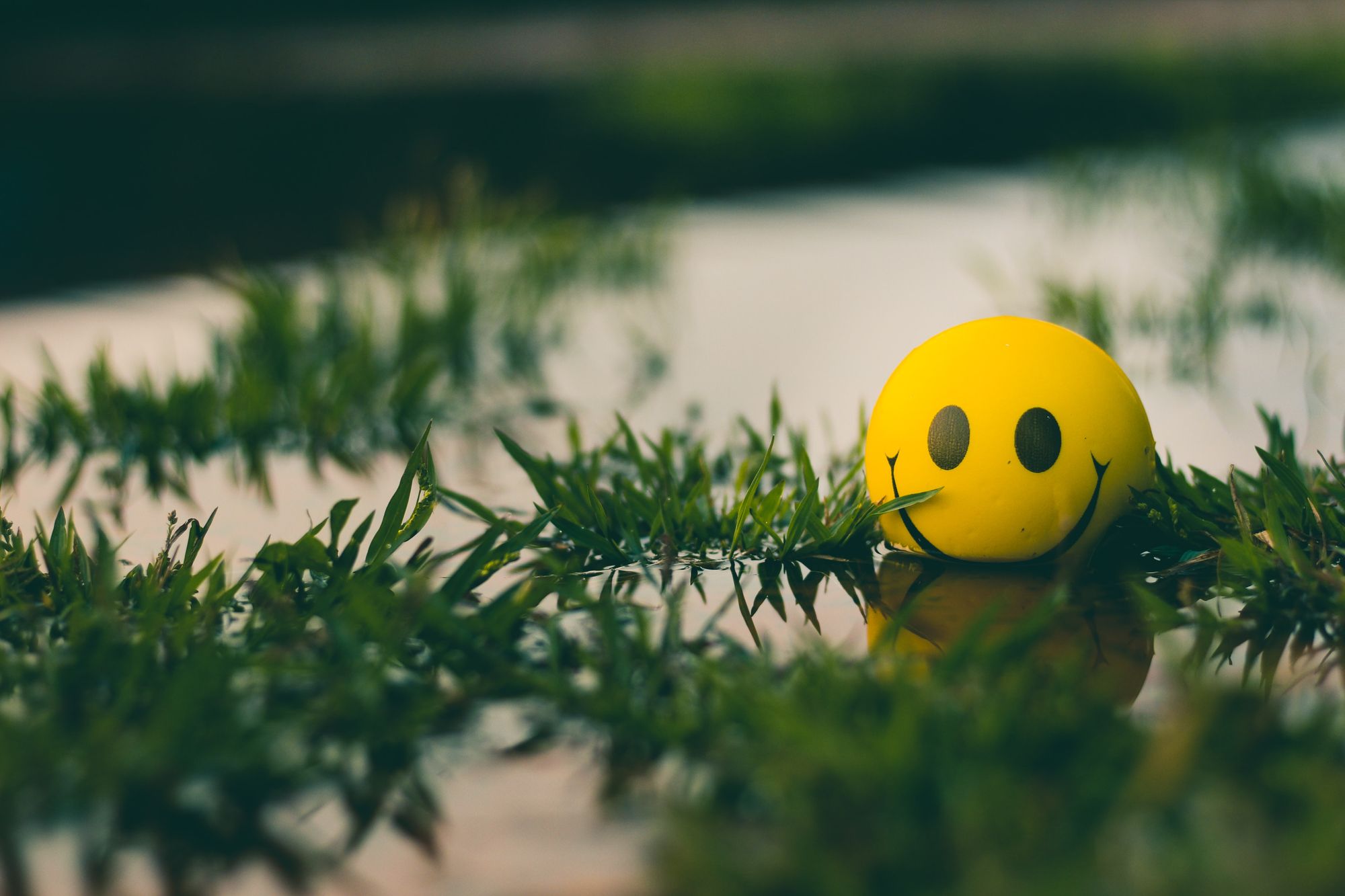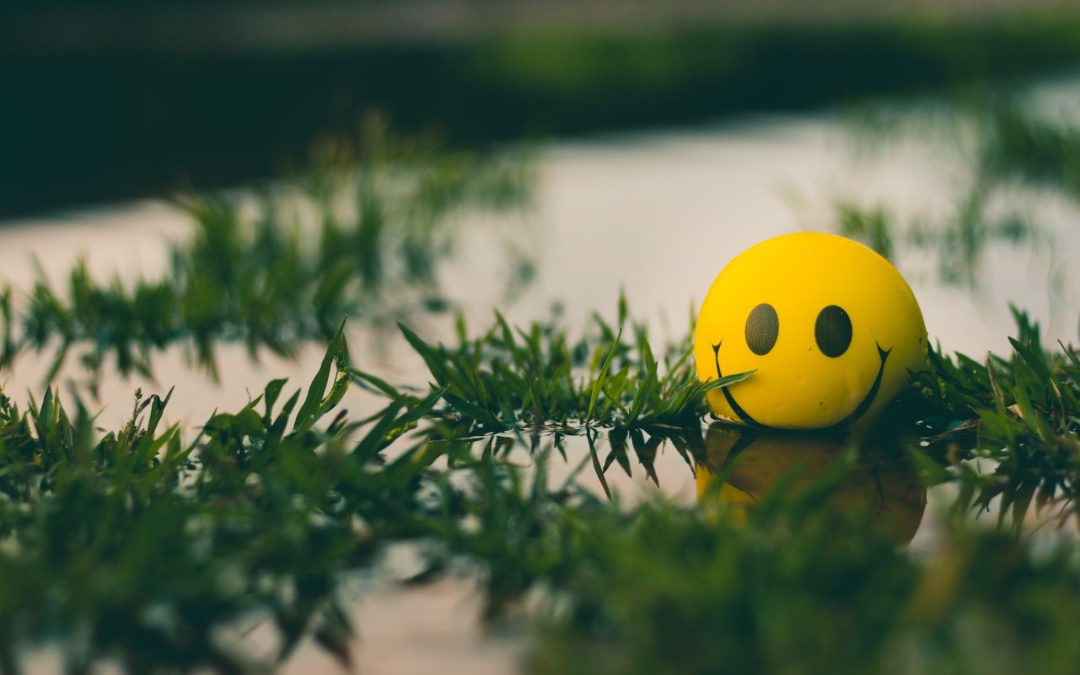
I have previously mentioned the book I wrote in May, in the middle of the pandemic. In What happens to the future? 20 visions about Sweden after corona I have gone back to 20 of the most interesting interviewees from the podcast Heja Framtiden and examined how their view of the future has changed.
It’s not just positive and entertaining reading, of course. I also tried to get the experts to look ahead, at the same time as they had to express their own visions about where they want us to go to Sweden after the pandemic’s chlorine release.
Siduri Poli , Arash Gilan and Göran Adlén , for example, believe that it is precisely in times of crisis that you can build the really exciting company of the future. This is what Siduri says in the book:
“I see the crisis as prime time for new ideas and people to take their place on stage. In fast-changing times, there is always room for something new – when we have to adapt and think about the boom of creativity and creativity in completely different ways. Artistic genius is often born out of Pressed situations, and I think the same goes for entrepreneurship. And we must not forget that during the financial crisis of 2008, companies such as Slack, Airbnb, Uber, Pinterest and Whatsapp were started. “
Biohacker Hannes Sjöblad believes that the wide extension of tests in combination with the accelerating digital care means that we can create a significantly more preventative care device.
“I see a new paradigm where health care is largely liberated from hospitals. They should be used for surgery, not to diagnose patients who thus risk spreading the infection. In fact, that token seems to have trickled down now in common man. Several hospital wards have testified that they had undercoverage during the corona pandemic because people seek care differently. Distance care has definitely got its breakthrough. “
Both philosopher Tomas Björkman , economics professor Micael Dahlen and researcher Dr Mouna Esmaeilzadeh point out that there can be value in stopping and reflecting during the crisis.
Dr. Mouna still stands by his grandiose vision of the future: a world without poverty, hunger and disease.
“I still believe in the utopia. Now a virus has come in our way, and we will both realize that we have overreacted and under-reacted in different ways. But we will continue to push humanity forward. it doesn’t have to look like it. We have time to re-evaluate things and get time to reflect on an otherwise rather fast-spinning squirrel wheel.
Johan Kuylenstierna and Fredrik Wikholm see that there is potential to change to a more climate-friendly policy and a planet-positive business sector.
The crisis also provides opportunities to repair systems and structures that are broken. Viktoria Saxby hopes for a feminist reboot, while Gabriella Overödder and Carin Ism see the need to build proper governance systems for future pandemics (and other existential threats).
Barakat Ghebrehawariat points to the racism that the pandemic exposes.
It is true that the virus cannot think. But it is a small consolation when society is unequally designed. The virus is not racist. Society is it.
In addition, Jannie Jeppesen talks about the huge digital transformation of the school, while Marie Gidlund praises the food system and believes that we are finally starting to catch our eyes on what gold mine we have in the Swedish flavors.
Yes you see, there are many thoughts to keep in mind at the same time. But basically, the message is that the crisis is not the end of the world – it could be the beginning of something new.
I was lucky enough to be interviewed by TT before the book release, which meant that the article was published in Aftonbladet , Sydsvenskan, GP and many other magazines. Then I took the opportunity to point out that future optimism is “vital”:
It’s not a matter of naively thinking that everything is fantastic, but I see it more like trying to see solutions all the time. If we talk about the biggest risks in the world, I feel like “what a good thing that people are working on, how can we help with that work?”. Not only does the future happen, but we create it all the time together. To be future optimistic and solution oriented I think is connected. And I believe that man is fantastic.





